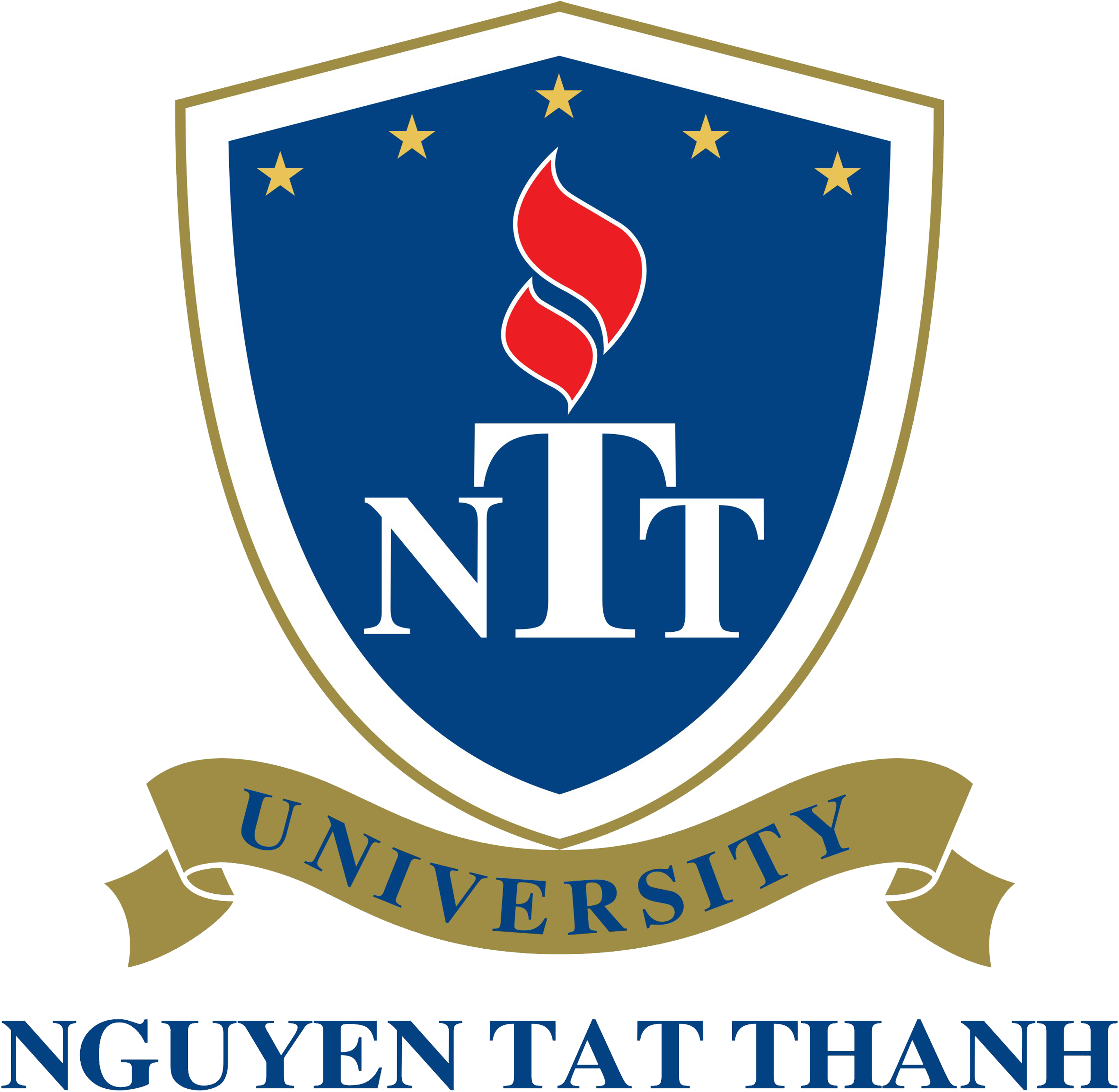Keynote 1:
Toward the G System: The Dynamic Context-Aware Internet of Things for Advanced Society
Prof. Dr. Son Vuong
Computer Science Department
University of British Columbia
Vancouver, BC V6T 1Z4 Canada
Email: [email protected]
The Internet of Things, the ultimate in ubiquitous networking, will greatly impact everyone’s life in every facet, including entertainment, socialization, business, healthcare and education. Yet, the real structure of the future networks and the adaptable ubiquitous computing model are still in clouds. To approach this ultimate goal of ubiquitous networking, we undertake to develop the so-called G System, that combines aspects of context-aware ubiquitous networking, ambient intelligence and smart environments based on dynamic wireless sensor networks (WSNs). To alleviate the explosion problem of collecting, processing and dissemination of huge amount of data and contents in the modern communication and interactions among humans, mobile devices and things, we must take into consideration of underlying dynamic context information and the small world model.
The G System is defined to be the ultimate application of the Internet of Things to enhance the quality of life and to harmonize the society. In this talk, we will discuss our ongoing development of the overall G System and some various key technologies, subsystems and components that are essential for the G System, including WISEMAN, a mobile agent system for intelligent management of wireless sensor networks (WSN); RFID-G2, the next-generation RFID for object identification to convey intelligence in the code contained in the RFID-G2 tag; MOPAR, a P2P Interest Management System for data collection of relevant local information, LePlaza, a location-based social networking system; and LIVES, a voice-based system for mobile learning and social networking. Some demo of these subsystems with a particular focus on LIVES system for mobile learning will also be presented.
We will discuss the basic architecture and infrastructure of the G System as well as the underlying basic principle of harmonization. The research on the G System is still at the infancy stage, further work and collaborative efforts will be needed to realize the true potential of applying advanced technology to improve society and the wellbeing of mankind.
Biographical Sketch

Prof. Dr. Son T. Vuong Received his B.S. in Electrical Engineering from California State University, Sacramento, USA; M.Eng. in Systems Engineering at Carleton University in Ottawa, Canada; and Ph.D. in Computer Science from the University of Waterloo, Canada where he was a lecturer and assistant professor in 1981-1982. Since 1983, he has been a professor of Computer Science at the University of British Columbia in Vancouver, Canada, where he was a founder of the Distributed System Research Group and is now Director of the Laboratory for Networks and Internet Computing (NICLab). He is an international renowned researcher on protocol engineering, distributed multimedia systems, and collaborative computing. His areas of research interest in recent years include the Internet of Things, ambient networks, grid and p2p computing, P2P video streaming, network security and mobile computing and mobile learning.
Dr. Vuong has (co) authored a US patent, 200 papers and co-edited three books, including the book on “Recent Advances in Distributed Multimedia Systems” published in 1999. He has supervised thesis research of 80 graduate (PhD and MSc) students. He was a co-leader of the major $30M grant proposal to establish a new Network of Centres of Excellence in 1999, called Global Information Systems and Software Technology – GISST that made to the final short list. Dr. Vuong served on many conference program committees and was general or technical (co)chair and (co)organizer of ten international conferences (NCAS’11, ACM Multimedia’08, DMS’08, IEEE NOMS’06, DMS'97, ICDCS'95, PSTV'94, FORTE'89, IWPTS'88). He served on the Canadian National Science and Engineering Research Council (NSERC) Grant Selection Committee in 1999-2003, and also serves on the Board of Directors of two high-tech companies.
Keynote 2:
Coalgebraic Semantics of Context-Awareness
Dr. Phan Cong Vinh
Department of Information Technology
Nguyen Tat Thanh University (NTTU)
300A Nguyen Tat Thanh St., Ward 13, District 4, Ho Chi Minh City, Vietnam
Email: [email protected]
This speech will be both to give an in-depth analysis as well as to present the new material on the notion of context-aware computing, an idea that computing can both sense and react accordantly based on its environment. The speech addresses context-awareness process using coalgebraic language, including the coalgebraic definition of context-awareness, bisimulation between context-awarenesses, homomorphism between context-awarenesses and context-awarenesses as coalgebras. Further developments based on this semantics are also discussed.
Biographical Sketch

Dr. Phan Cong Vinh received a PhD in computer science from London South Bank University (LSBU) in the United Kingdom, a BS in mathematics and an MS in computer science from Vietnam National University (VNU) in Ho Chi Minh City, and a BA in English from Hanoi University of Foreign Languages Studies in Vietnam. He finished his PhD dissertation with the title Formal Aspects of Dynamic Reconfigurability in Reconfigurable Computing Systems supervised by Prof. Jonathan P. Bowen at LSBU where he was affiliated with the Centre for Applied Formal Methods (CAFM) at the Institute for Computing Research (ICR). He joined research with Dr. Tomasz Janowski at the International Institute for Software Technology (IIST) in Macao SAR, China, as a fellow in 2000. At present, he is a member of Nguyen Tat Thanh University (NTTU) to take on the responsibility of an IT Department's Head. He has been author or co-author of many refereed contributions published in prestigious journals, conference proceedings or edited books. He is the author of a book on computing science titled Dynamic Reconfigurability in Reconfigurable Computing Systems: Formal Aspects of Computing (2009); editor of two titles, Autonomic Networking-on-Chip: Bio-Inspired Specification, Development and Verification (CRC Press, 2012) and Formal and Practical Aspects of Autonomic Computing and Networking: Specification, Development and Verification (IGI Global, 2011); editor of two Special Issues, Context-Awareness of Mobile Systems: Models, Algorithms and Applications (Springer MONET (SCIE), 2012) and Advances in Autonomic Computing: Formal Engineering Methods for Nature-Inspired Computing Systems (Springer TCS, 2012). He has served on many conference program committees and has been general or technical (co)chair and (co)organizer of two international conferences (ICCASA 2012, SCIS-ISIS 2012). His research interests center on all aspects of formal methods, autonomic computing and networking, reconfigurable computing, ubiquitous computing, and applied categorical structures in computer science.






































